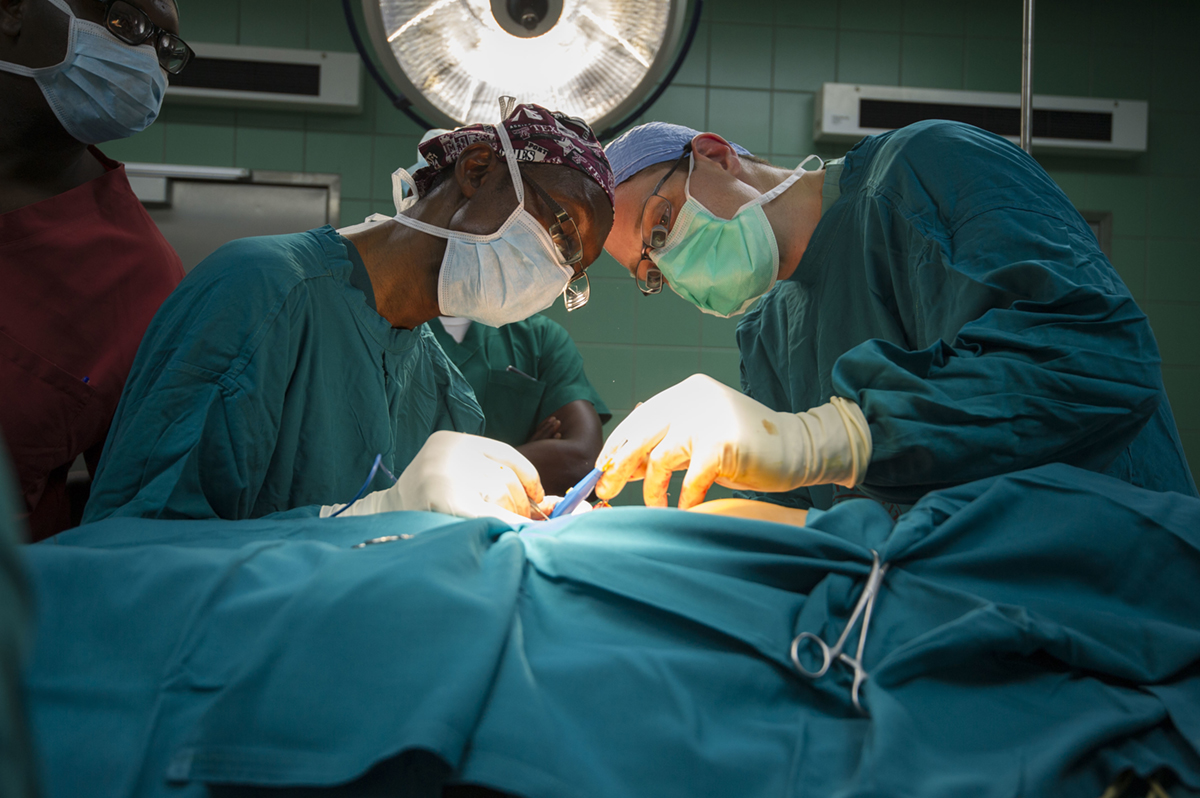
GIST is a gastrointestinal stromal tumor. It affects the digestive tract and the nearby structures of the abdomen.
Surgery for GIST The standard and most common therapy for GIST is surgery. It is the most recommended course of treatment for patients who have just been diagnosed with GIST and have only one, easily extractable tumor. If a patient has only one tumor but it is not easily operable, he or she may receive addition therapy in Gleevec, a drug used to treat these kinds of tumors. The goal of Gleevec in this case is to try and shrink the tumor so it is easier to extract surgically. Surgery is also the option for metastatic tumors.
Before 2001, surgery was the only option for patients with GIST. If the tumor was inoperable, the average survival of patients was from 10 to 21 months. However, things have changed in 2002 with the approval of Gleevec and the average survival time is now much improved.
In some cases of GIST, surgery means not only removing the tumor but also removing any tissue that may possibly be affected by it. Removal of the stomach or some of its parts (gasterectomy) obviously leads to the changes in the patient’s life and requires modifications, especially in nutritional habits.
Patients who underwent gasterectomy will usually eat smaller and more frequent meals and they may have difficulty absorbing the food and all of its nutrients. There is also a risk of “dumping syndrome”, in which the food passes through the stomach too fast and ends up in the intestine largely undigested.
As for the metastatic GIST, there are not a sufficient number of clinical trials that have been performed on this subject, but the general conclusion may be that surgery for patients with widespread metastases is not likely to be efficient while in case of one or two metastatic tumors the results may be somewhat better.
Gleevec after the surgery
Whether the drug Gleevec (or Glivec, as it is spelled internationally) will be prescribed after the surgery depends on may different factors and on the patient’s individual case.
One of the important aspects is the type of the tumor and whether it is likely to reoccur. For example, Gleevec is recommended for patients whose tumors were large and had a high micotic rate.
Gleevec is also recommended for patients with high anxiety levels because it may bring significant psychological benefits.
Some patients do not respond well to Gleevec and they seem to be less tolerant. Those patients will probably be advised to stop taking the drug.


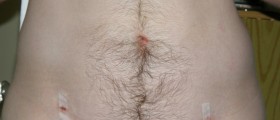




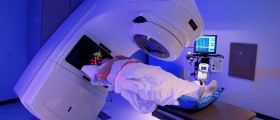







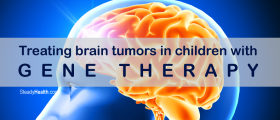
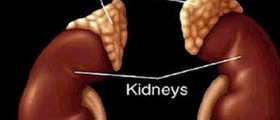
Your thoughts on this
Loading...